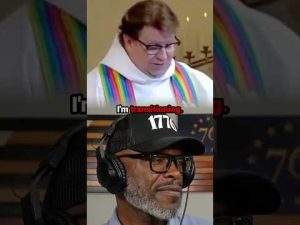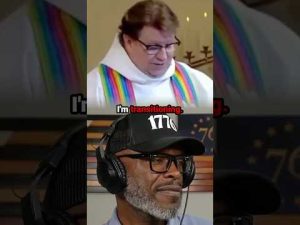The idea of a second American civil war used to be movie fodder and late-night shock-journalism. Now it’s a real fear for millions of voters: a Rasmussen poll found that 41 percent of likely U.S. voters believe a second civil war is likely within the next five years. That level of anxiety doesn’t come from nowhere — it’s a warning sign that the American people feel the political system is fraying.
Experts who study political violence remind us the picture is complicated: broad majorities still reject violence, but surveys and longitudinal studies show persistent pockets of support and a steady willingness among a minority to condone political force. A nationally representative study tracking trends from 2022–2024 found little change in overall willingness to participate in political violence, but also confirmed that significant numbers justify violence to advance political goals; other medical and public-health research ties firearm behaviors to increased readiness to entertain political force. Those are not hypotheticals — they are measurable risks that should make every patriot uneasy.
We do have concrete examples of political violence erupting into national crisis. The January 6 assault on the Capitol exposed how quickly rhetoric and online fury can turn into real-world chaos and how fragile our public order can be when civic norms break down. The congressional investigations and inspector general reports laid bare intelligence and planning failures and showed how political movements can produce dangerous, unlawful action in a flash — and that reality should be a cold wake-up call for anyone who loves this country.
Partisan hatred is the accelerant. Pew and other research document how Americans increasingly see the other party not just as wrong but as a threat to the nation, and that kind of moralized contempt makes compromise impossible and fuels calls for radical remedies on both sides. When large swaths of the electorate view their opponents as existential enemies, ordinary politics can be mistaken for war by other means — and that delusion is what turns political disagreements into violent confrontations.
There’s also evidence that crackdowns, prosecutions, and public shaming can have the perverse effect of hardening extremist sympathies among a minority when they perceive the system as illegitimate. Studies and reporting after high-profile indictments and prosecutions showed spikes in sympathy and mobilization among fringe groups who see themselves under siege, which is why the left’s talk of retribution and the weaponization of government institutions is reckless. If America’s institutions become tools of partisan vengeance, expect more alienation and more willingness from small but dangerous cohorts to consider violence.
Conservatives should answer this threat the only way free people can: by defending the Constitution, strengthening local communities, and insisting on equal justice under law — not by surrendering to fear or copying the lawlessness of our enemies. That means training voters, supporting lawful self-defense, holding elected officials accountable at the ballot box, and organizing in our towns and churches so the social fabric that binds ordinary Americans together remains intact. Now is the moment for steady leadership and civic resolve, not panic or provocations.
We can see the troubling reality and refuse to become part of the problem. The real duty of patriots today is to promote civic education, back robust law enforcement that respects rights, and call out elites who profit from division. If we repair our institutions and restore a culture that prizes free speech, religious liberty, and law and order, we deny radicals on both sides the chaos they crave and preserve the peace the hard-working people of this country deserve.







